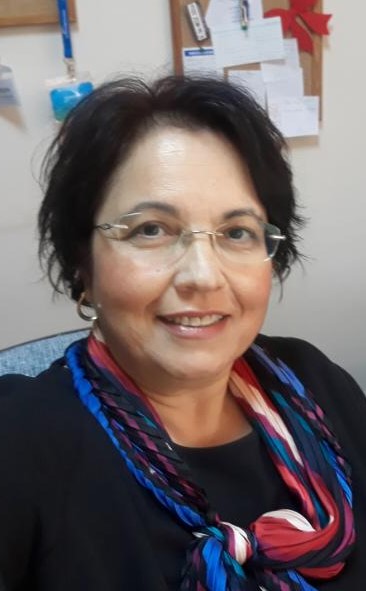
Prof. Dr. Zuhal Erden
Atilim University, Department of Mechatronics Engineering
Kizilcasar Mahallesi, 1184. Cad No: 13,
06830 Incek, Golbasi Ankara/TURKEY
Tel.: +90-312-5868302
Fax.: +90-312-5868091
E-mail: zuhal.erden@atilim.edu.tr
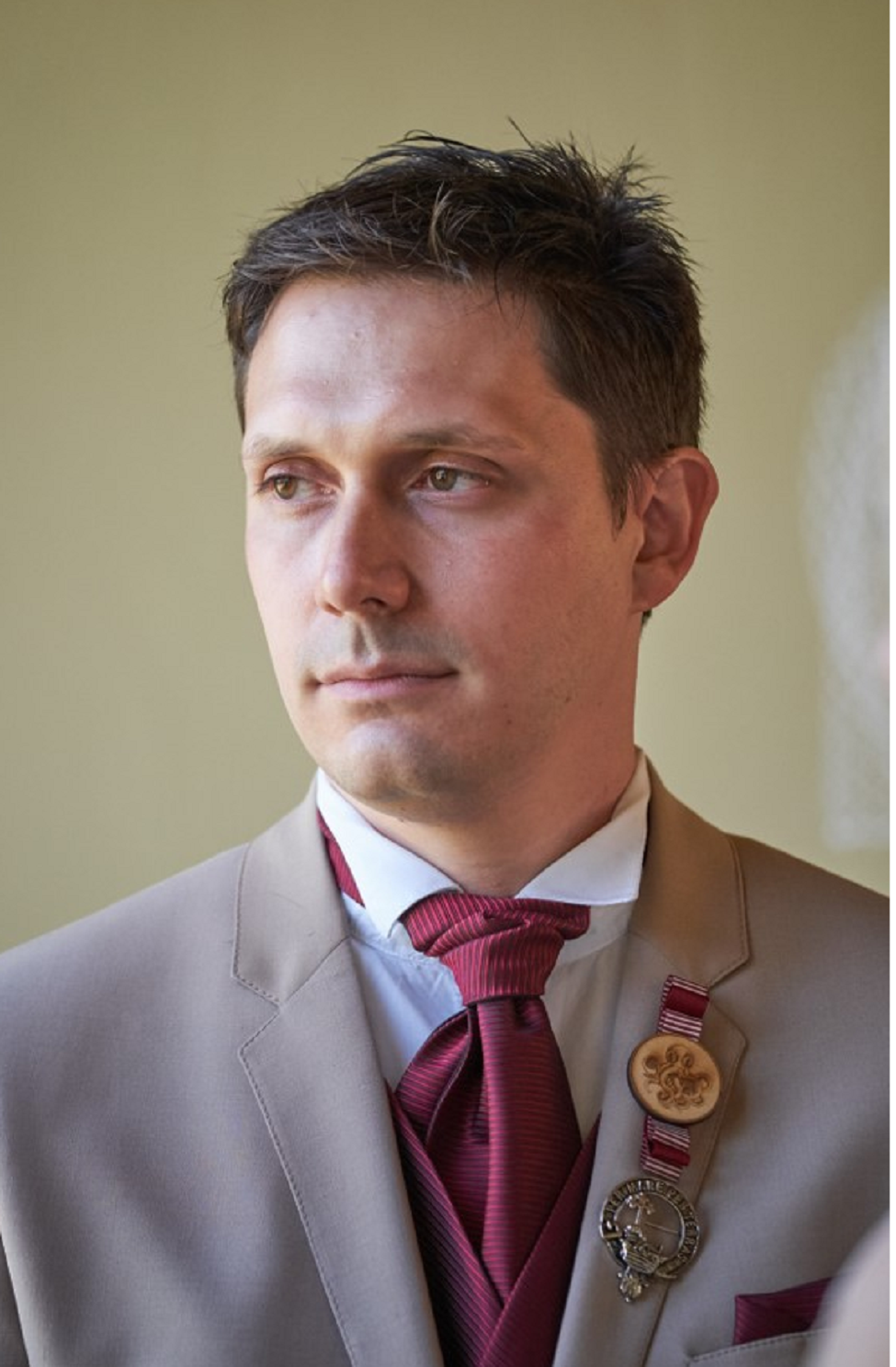
Prof. Dr. Duncan A. Coulter
Academy of Computer Science and Software Engineering
Faculty of Science
University of Johannesburg
E-Ring 2, Auckland Park Kingsway Campus
PO Box 524. Auckland Park 2006
Johannesburg, South Africa
Tel.: 011 559 2842
E-mail: dcoulter@uj.ac.za
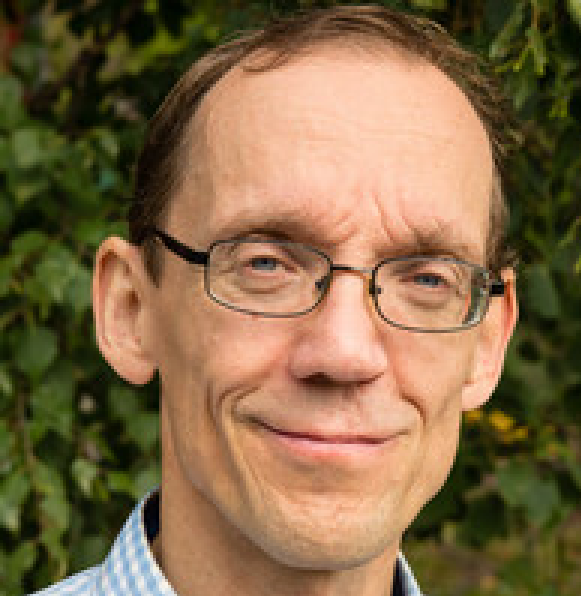
Prof. Dr. Martin Törngren
Mechatronics Division
Department of Engineering Design
School of Industrial Engineering and Management
KTH Royal Institute of Technology
SE-10044 Stockholm
Sweden
E-mail: martint@kth.se
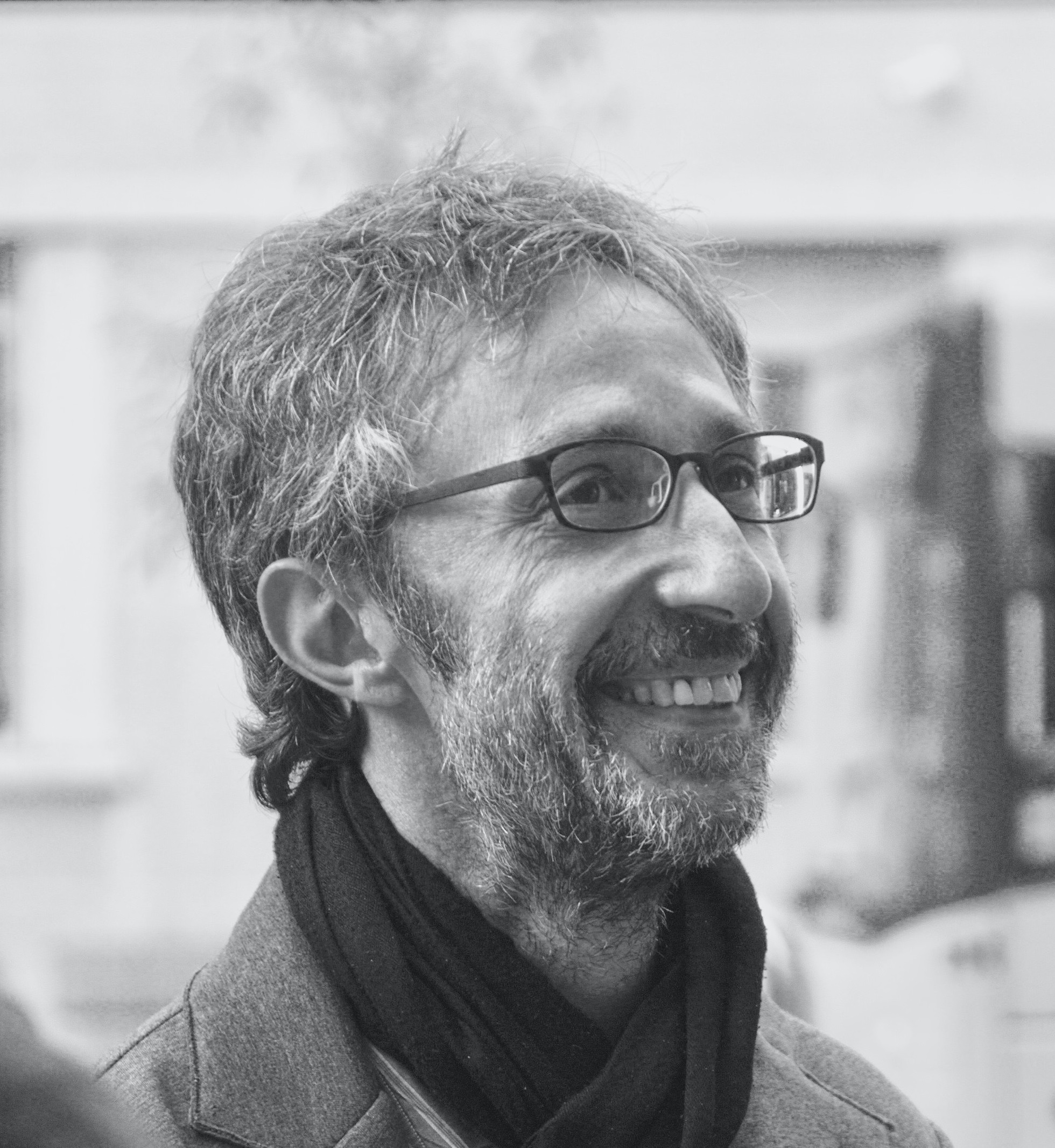
Prof. Dr. Stefano Borgo
Laboratory for Applied Ontology (LOA)
Institute for Cognitive Sciences and Technologies (ISTC)
National Research Council (CNR)
Via alla Cascata 56C
Povo TN, 38123
Italy
E-mail: stefano.borgo@cnr.it
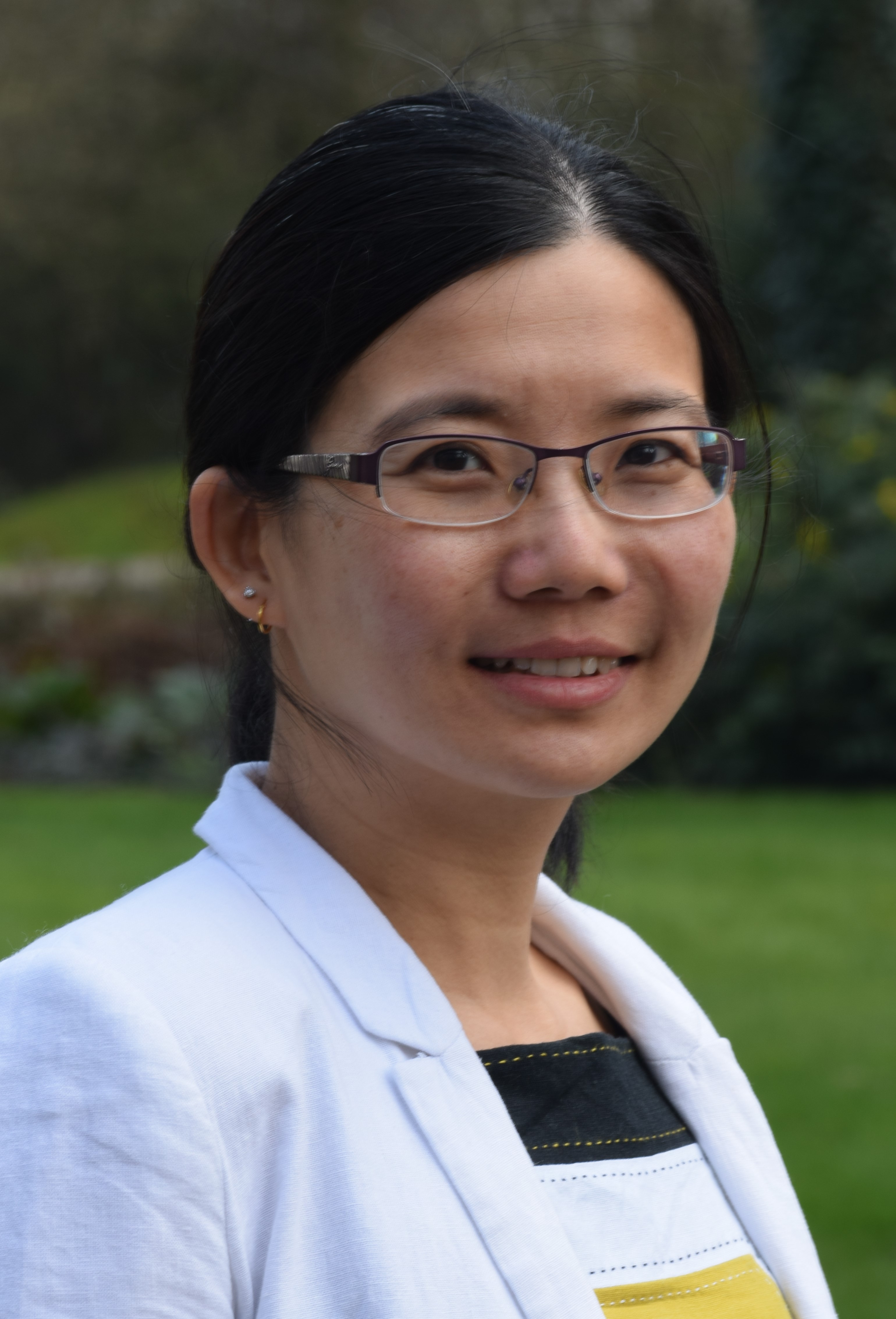
Dr. Mey Goh
Wolfson School of Mechanical, Electrical and Manufacturing Engineering
Loughborough University
Epinal Way
Loughborough LE11 3TU
United Kingdom
Email: Y.Goh@lboro.ac.uk
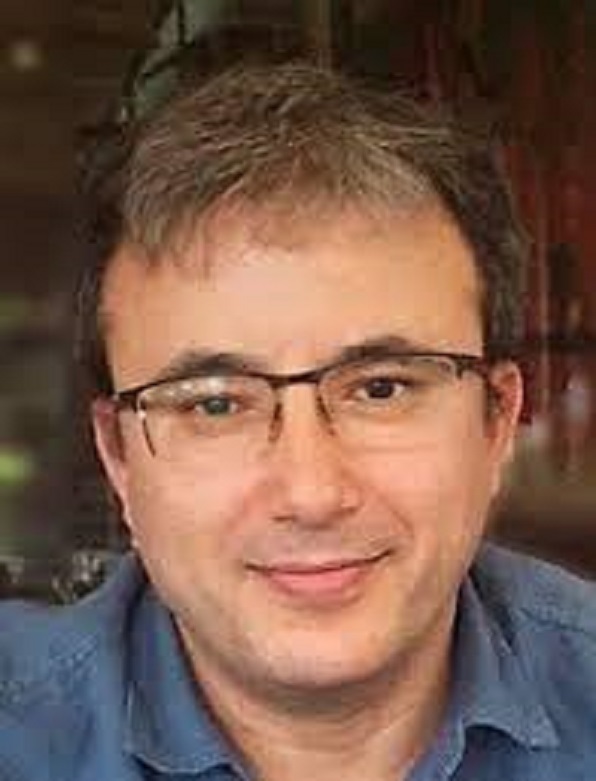
Prof. Dr. Bedir Tekinerdogan
Wageningen University & Research
Droevendaalsesteeg 4
6708 PB Wageningen
The Netherlands
T +31 317 480 100
E-mail: bedir.tekinerdogan@wur.nl
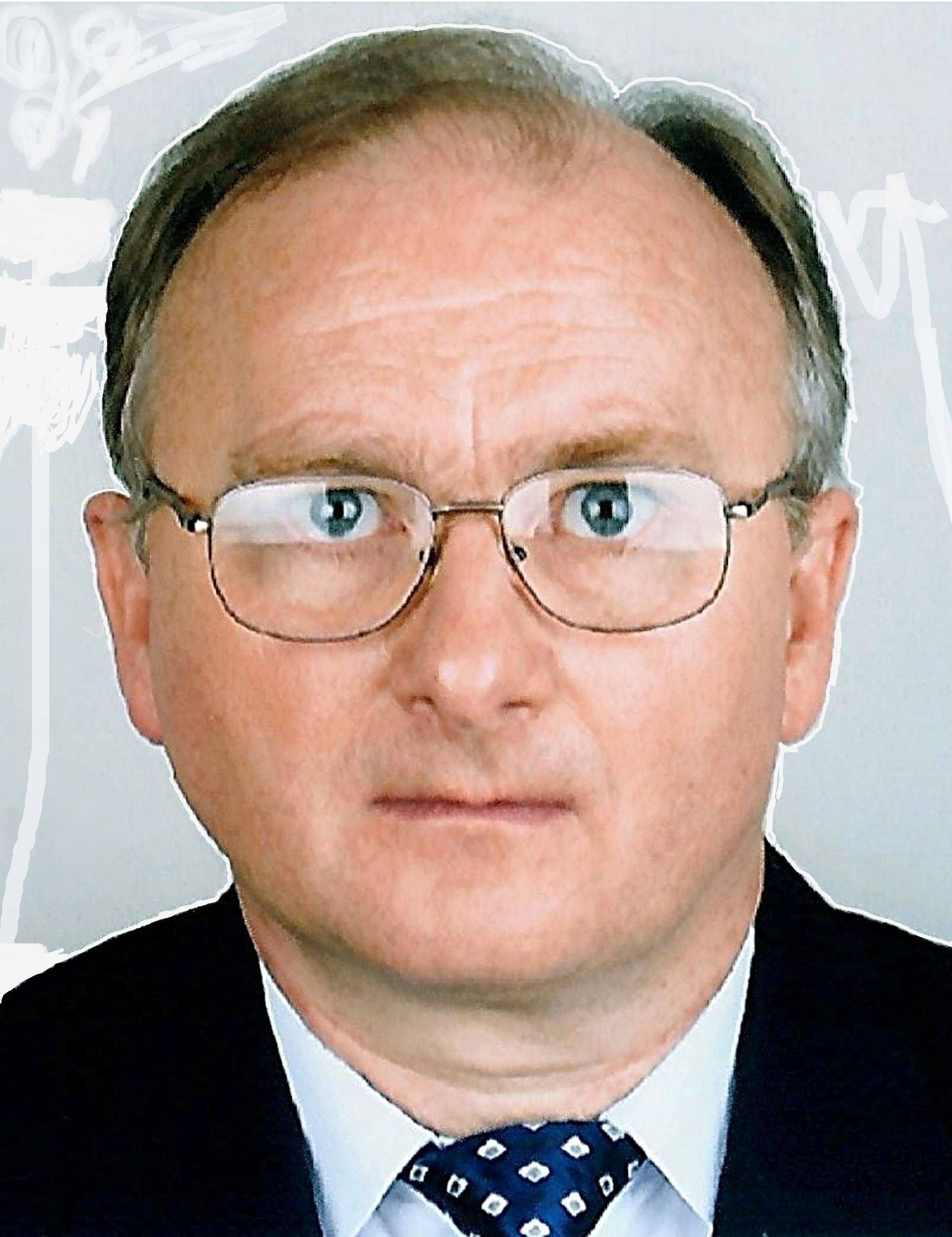
Prof.em. Dr. Imre Horváth
Section of Cyber-Physical Systems Designs
Department of Sustainable Design Engineering
Faculty of Industrial Design Engineering
Delft university of Technology
Landbergstraat 15
2628 CE Delft, Zuid Holland
The Netherlands
E-mail: i.horvath@tudelft.nl